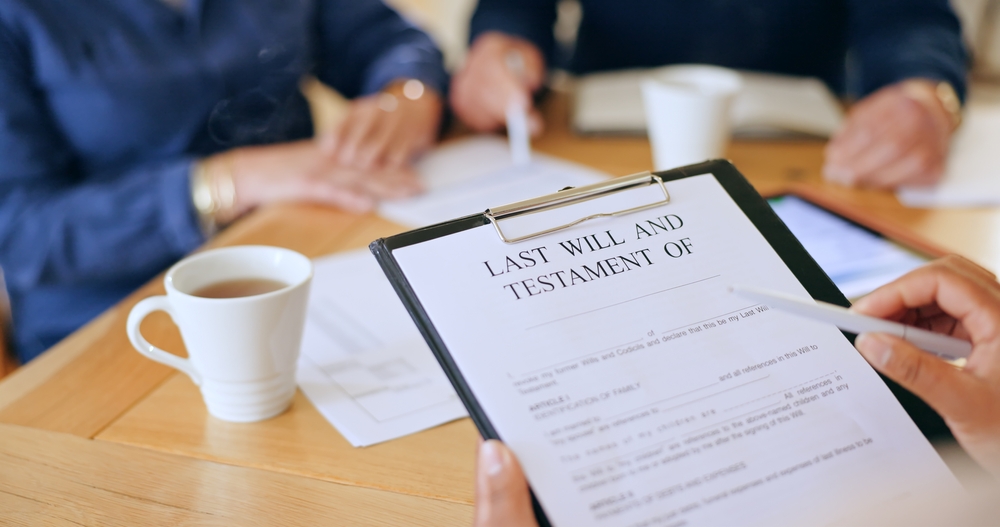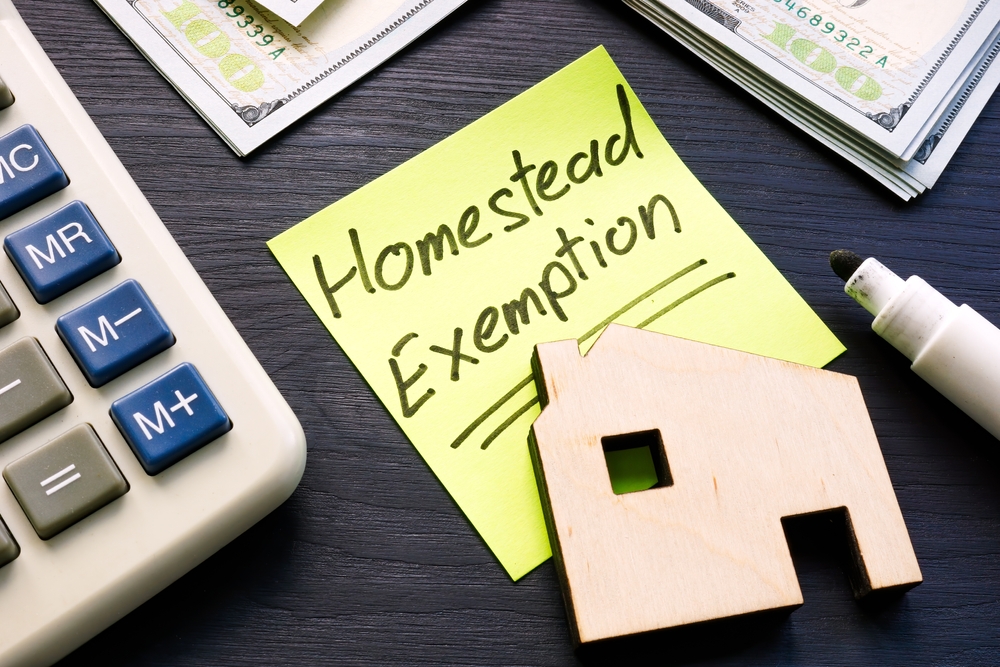When the “Queen of Soul” passed away in 2018, the world mourned a voice like…

Florida Case Shows Why DIY Wills Often Fail in Probate
If you’re tempted to save money by using a do-it-yourself (DIY) will kit or an online template, a recent Florida court case might change your mind. It’s a sobering reminder that in estate planning, small mistakes can lead to big consequences—including the complete invalidation of your will.
Let’s walk through the real-life case of Bitetzakis v. Bitetzakis and explore what it teaches us about the importance of proper legal guidance when creating and signing your Last Will and Testament.
The Case That Says It All: Bitetzakis v. Bitetzakis
In September 2013, Florida residents Gregory and Ana Bitetzakis sat down at their kitchen table with a DIY will and two witnesses: a friend and a pastor. Gregory had drafted the document himself. He asked the witnesses to sign, which they did. Gregory then began signing his own name—but stopped after writing only “Gregory B.”
His wife, concerned that the document wouldn’t be valid without notarization, interrupted him. The couple returned the next day to have a self-proof affidavit notarized—but they did not bring the will, and the original witnesses were not present.
Four years later, when Gregory passed away, the incomplete and improperly executed will was submitted to probate. A legal battle ensued.
Florida’s Strict Will Requirements
Under Florida Statute §732.502, the execution of a will must follow strict guidelines:
- The will must be in writing.
- It must be signed at the end by the testator (or by someone else at the testator’s direction).
- The signing must occur in the presence of two witnesses.
- The witnesses must sign in the presence of the testator and each other.
Gregory’s will failed on multiple counts:
- His signature was incomplete.
- The original witnesses did not observe his final signing.
- The notarized affidavit did not comply with statutory requirements.
These weren’t minor technicalities—they were violations of black-letter law.
Probate Court vs. Appeals Court: Two Very Different Views
Initially, the probate court allowed the will to be admitted. The judge reasoned that Gregory’s actions—especially his intent to formalize the will by visiting a notary—demonstrated his desire for the document to serve as his Last Will and Testament.
But Gregory’s daughter Alice objected, and when she appealed, the Florida District Court of Appeal overturned the decision. The appellate court emphasized that wills must be signed in precise conformity with the law, regardless of the testator’s intentions.
Because the will didn’t meet the required formalities, it was declared invalid.
The Consequences: Dying Without a Will
With the will thrown out, the court treated Gregory’s estate as though he had died intestate—meaning he had no valid will at all. His assets were distributed under Florida’s intestacy laws, which do not account for unique family circumstances or individual wishes.
That’s not what Gregory wanted. But without a properly executed will, the law had no choice but to ignore his intentions.
Save Yourself Time and Money by Avoiding DIY Wills
Online will templates and DIY forms often promise convenience and low cost—but they come with major risks. In fact, most of these platforms include fine print disclaimers stating:
- They are not law firms.
- They do not offer legal advice.
- They are not responsible for any damages resulting from the use of their forms.
And yet, time and again, families find themselves facing costly probate battles, delays, and emotional stress because someone tried to cut corners on something as important as a will.
Why You Should Hire an Estate Planning Attorney in Florida
An experienced estate planning lawyer doesn’t just draft documents—they help ensure those documents are tailored to your goals, comply with Florida law, and are signed and witnessed properly.
More importantly, a good attorney will:
- Make sure your assets go where you want them to go.
- Minimize the risk of challenges and disputes.
- Reduce the chances of your loved ones getting tangled in unnecessary litigation.
Estate planning is about more than documents—it’s about protecting your legacy, avoiding chaos, and caring for the people you love while you are alive and after you’re gone.
Final Thoughts
The story of Bitetzakis v. Bitetzakis is a powerful warning: There is no “wiggle room” when it comes to signing a will in Florida. If even one signature is missing or improperly witnessed, your will may be thrown out—no matter how clearly it expresses your wishes.
Don’t let a simple mistake erase your voice. An online form can’t ask questions, spot red flags, or walk your family through difficult times. A good, experienced estate planning attorney can.
Act Now to Ensure Your Will is Legally Binding in Florida!
At the Estate Planning & Elder Law Center of Brevard, we help individuals and families tin Brevard County create estate plans that hold up in court—and stand the test of time.
Call us at (321) 729-0087 or visit elderlawcenterbrevard.com to schedule a consultation today.



